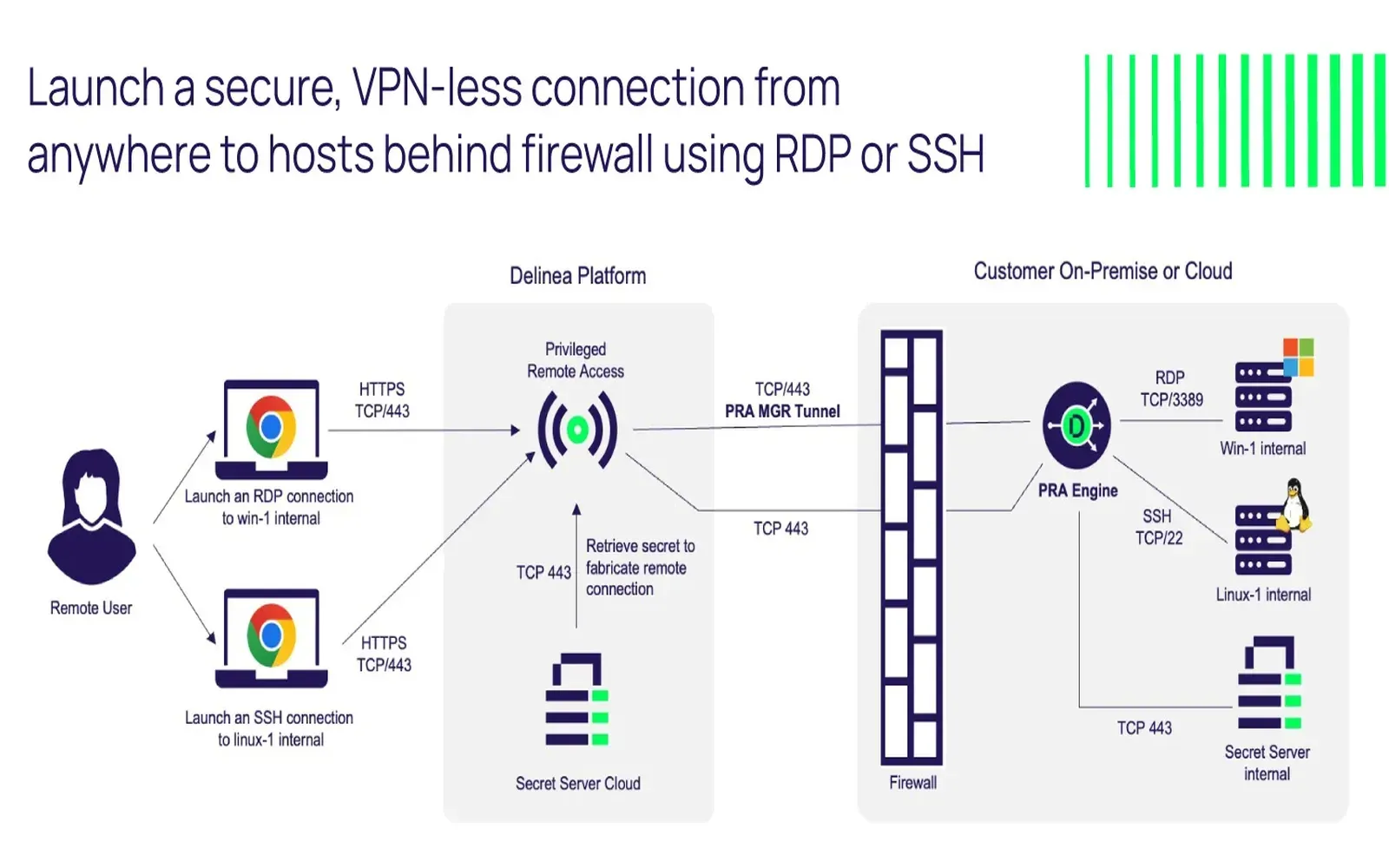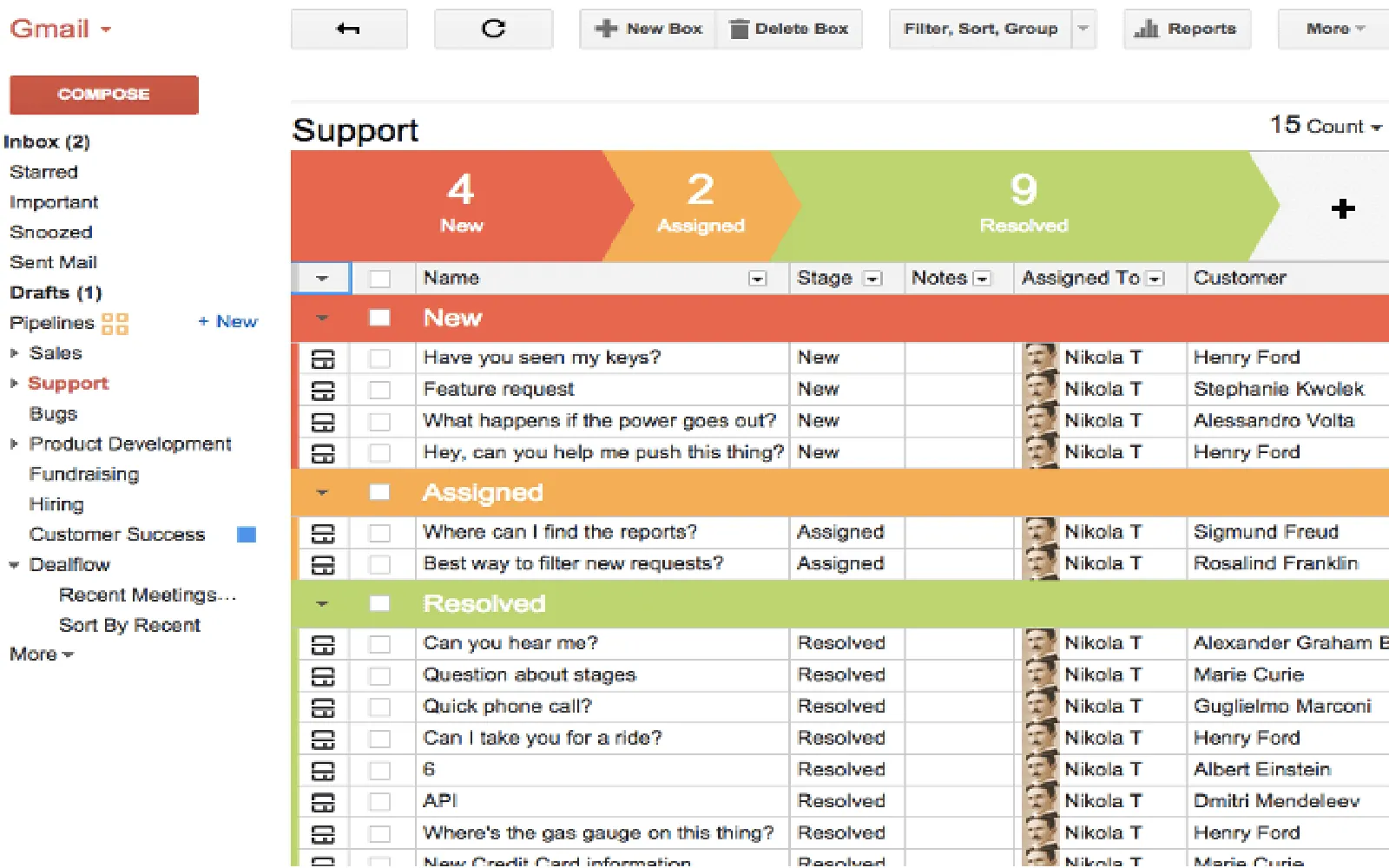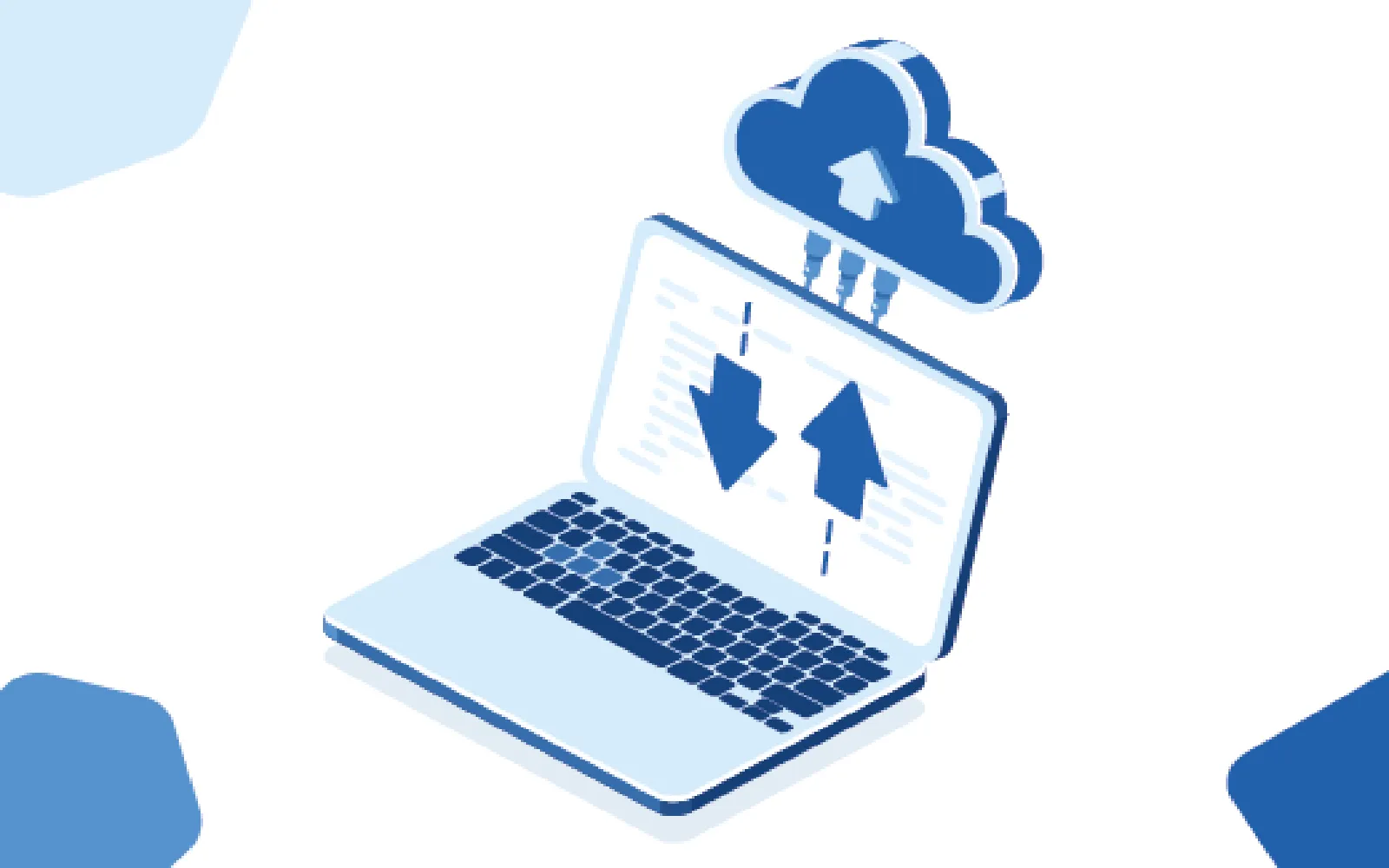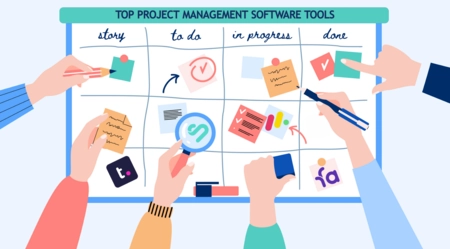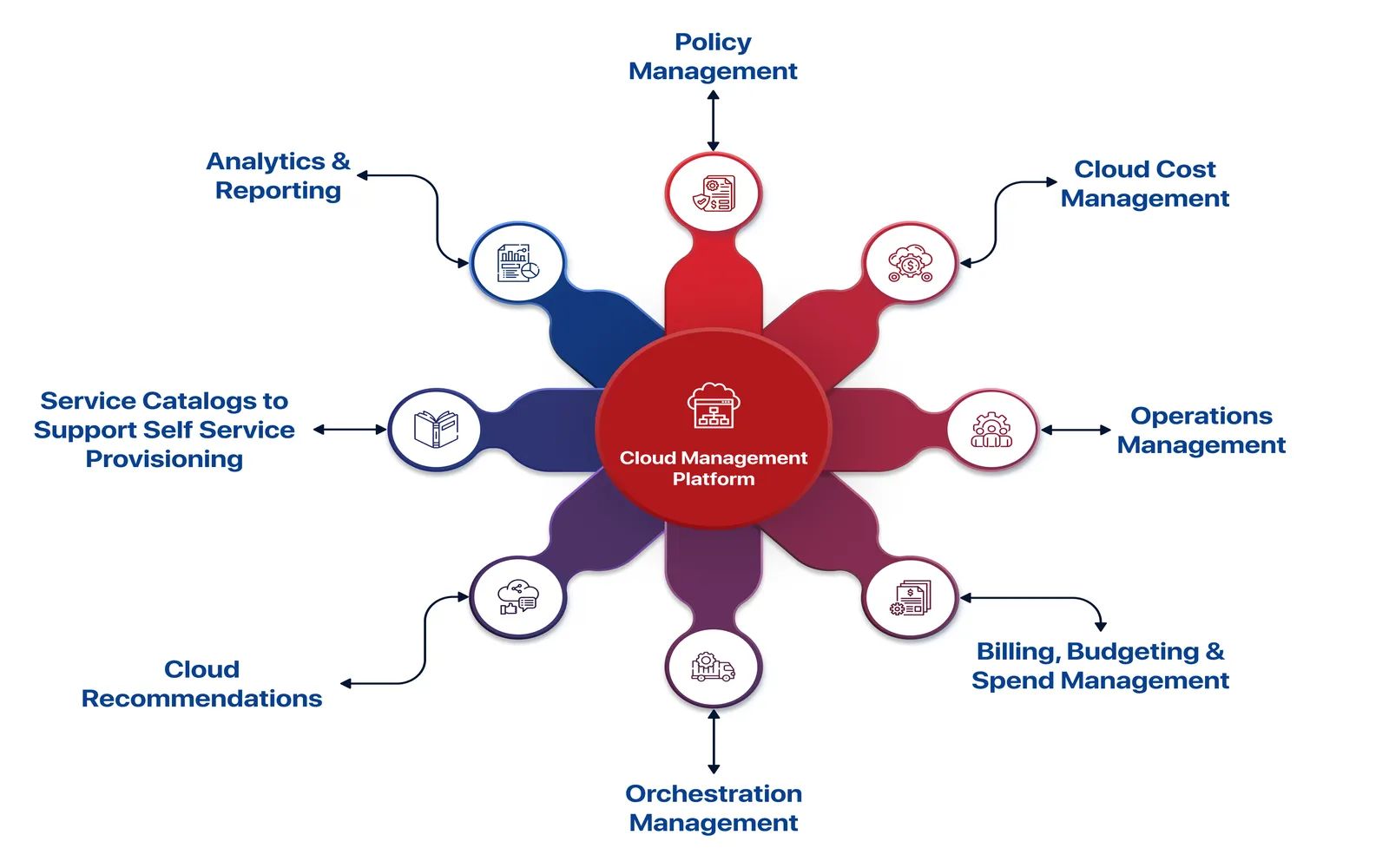As we move into 2025, small businesses are increasingly turning to fintech apps to streamline operations, enhance productivity, and drive business success. The dynamic nature of the financial technology landscape introduces a variety of innovative solutions designed to meet the specific needs of small businesses. Here are the essential fintech solutions that are reshaping how small businesses operate in the modern marketplace.
1. Digital Payment Solutions
One of the most significant advancements in fintech apps is the emergence of digital payment solutions. Small businesses can now accept payments seamlessly through mobile wallets, contactless payments, and online payment gateways. These tools not only simplify transactions but also enhance customer experience by offering flexible payment options. With increased adoption of payment solutions like PayPal, Square, and Stripe, small businesses can easily manage their cash flow and reduce transaction times.
2. Expense Management Tools
Managing expenses is crucial for small businesses to maintain profitability. Fintech apps like Expensify and QuickBooks enable business owners to track expenses in real time, categorize spending, and generate reports effortlessly. By automating these processes, small businesses can save valuable time and minimize errors associated with manual entry. This level of financial oversight allows owners to make informed decisions based on accurate data.
3. Invoicing and Billing Solutions
Efficient invoicing is essential for timely payments and cash flow management. Fintech apps such as FreshBooks and Invoice2go offer customizable invoicing solutions that allow small businesses to create professional invoices quickly. These platforms often include features like automated reminders for overdue payments, which help reduce the risk of late payments and improve overall cash flow.
4. Crowdfunding Platforms
For small businesses seeking funding, fintech apps like Kickstarter and Indiegogo provide innovative crowdfunding solutions. These platforms allow entrepreneurs to present their ideas to a global audience, raising capital while simultaneously marketing their products. Crowdfunding not only provides financial support but also helps in validating business concepts before launching, reducing the risks associated with new ventures.
5. Accounting Software
Accurate accounting is the backbone of any successful small business. Fintech apps such as Xero and Wave offer comprehensive accounting solutions that cater to the unique needs of small businesses. These platforms provide tools for tracking income and expenses, generating financial statements, and even filing taxes. By automating these processes, entrepreneurs can focus on growing their business rather than getting bogged down in paperwork.
6. Financial Analytics Tools
Data-driven decision-making is essential for success in today’s competitive landscape. Fintech apps like Tableau and Fathom provide robust financial analytics tools that help small businesses analyze their performance metrics. By visualizing data through customizable dashboards, business owners can identify trends, monitor KPIs, and uncover insights that drive strategic growth.
7. Cash Flow Management Solutions
Maintaining healthy cash flow is vital for the sustainability of small businesses. Fintech apps like Float and Crunch provide tools to forecast cash flow, allowing businesses to anticipate shortfalls and make informed financial decisions. These applications help in creating cash flow projections based on historical data, enabling small businesses to plan for the future effectively.
8. E-Commerce Integration
With the rise of online shopping, having an effective e-commerce integration is crucial for small businesses. Fintech apps such as Shopify and WooCommerce allow businesses to set up online stores quickly, offering seamless payment processing and inventory management. By integrating e-commerce solutions, small businesses can expand their customer base and increase sales without the need for significant upfront investment.
9. Cybersecurity Solutions
As small businesses increasingly rely on digital platforms, ensuring the security of financial data is paramount. Fintech apps like Norton and McAfee offer comprehensive cybersecurity solutions that protect sensitive financial information from cyber threats. Implementing strong security measures not only safeguards business assets but also builds trust with customers, which is essential for long-term success.
10. Financial Planning and Budgeting Tools
Effective financial planning is critical for small businesses aiming to achieve their goals. Fintech apps like Mint and YNAB (You Need A Budget) provide users with the tools to create budgets, track spending, and set financial targets. By utilizing these tools, small business owners can gain better control over their finances, ensuring that they allocate resources effectively and plan for future growth.
Conclusion
In 2025, the landscape for small businesses is being transformed by innovative fintech apps that enhance productivity and streamline operations. From digital payment solutions to robust financial analytics tools, these applications are essential for small businesses looking to thrive in a competitive environment. By embracing these technologies, entrepreneurs can not only improve their operational efficiency but also position themselves for long-term success in the ever-evolving market.
The integration of fintech solutions is not just a trend; it’s a necessity for small businesses aiming to grow and adapt in today’s digital economy. As the fintech landscape continues to evolve, staying informed and leveraging these tools will be key to unlocking new opportunities in the years to come.

